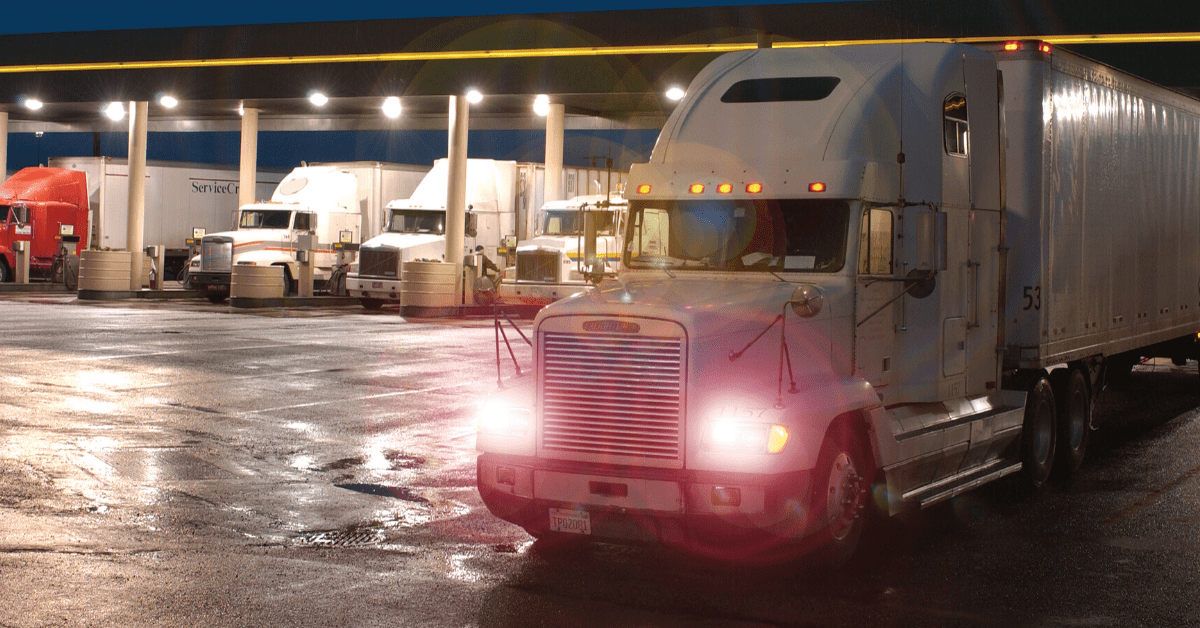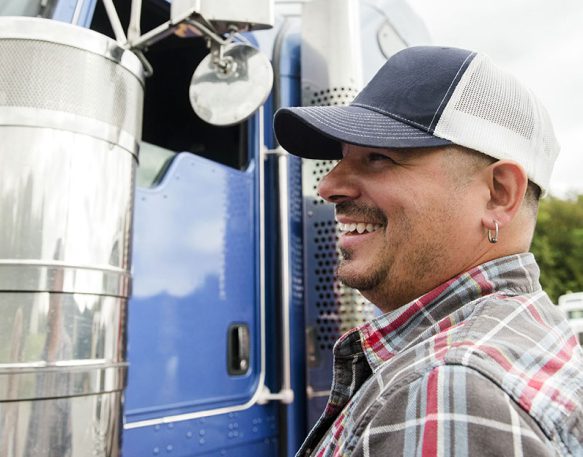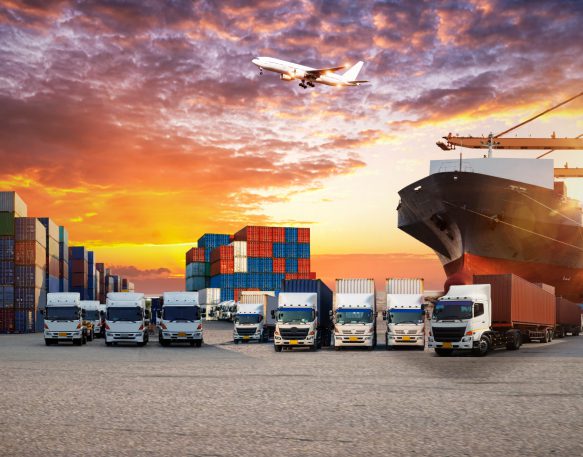While California’s recent storms have caused widespread localized flooding, high winds, property damage, power outages and a number of deaths, they have not yet shut down the state’s key interstates, most major state highways or its ports.
The storms that have been punishing California since Christmas are being caused by atmospheric rivers, which meteorologists call “rivers in the sky,” according to NPR.com. They have caused the intense rainfall and flooding that have hit the state.
New atmospheric rivers – and the storms they spawn – are expected to continue through the rest of the week.
According to the National Weather Service’s (NWS) San Francisco office, “Multiple systems over the past week have saturated soil, increased flow in rivers and streams, and truly set the stage for this to become a high impact event.”
Get the clearest, most accurate view of the truckload marketplace with data from DAT iQ.

Threats across the state
According to a CNN report, “More than 34 million Californians were under a flood watch on Monday, January 9 – about 90% of the state’s population and 10% of the total U.S. population.”
In a CNN report California Gov. Gavin Newsom said, “We are in the middle of a deadly barrage of winter storms – and California is using every resource at its disposal to protect lives and limit damage. We are taking the threat from these storms seriously, and want to make sure that Californians stay vigilant as more storms head our way.” At Newsom’s request President Biden declared a federal emergency in California and ordered federal assistance.
While the interstate highway system in California – including I-5, I-8, I-10, I-15, I-40 and I-80 – have remained open, traffic has certainly been slowed due to the storms. Sections of coastal Highway 101 (which parallels I-5 in parts of the state) were closed on January 9; video showed a “moving river” along the highway. In addition, tens of thousands of residents in coastal areas were ordered to evacuate.
Impact on trucking and infrastructure
In addition to the heavy rainfall that has done so much damage already, there is something else to worry about. In the higher elevations of the Sierra Nevada Mountains in northern California, more than six feet of snow will have fallen until it tapers off later today. This will increase the risk of avalanches and will certainly slow trucks moving along I-80 between California and Nevada. Video from Caltrans (California Department of Transportation) showed trucks moving slowly on I-80 near Lake Tahoe.
However, unless conditions become significantly worse, the state’s major interstate routes and major state highways will likely only see localized speed restrictions and/or closings.
According to DAT Freight and Analytics’ Chief Analyst Dean Croke, the storms have and will slow the movement of California agricultural products. However, unless the damage to crops is severe, Croke stated that “California’s outbound produce volumes will take a hit, but inbound volume from Mexico and Florida will likely temper the short-term impact.”
Weather in the rest of the United States
In addition to the havoc caused by the storms in California, CNN also reported that “hurricane-force wind gusts topping 74 mph” impacted a number of states in the western part of the nation. On January 9, “more than 37 million people were under wind alerts in Arizona, California, Nevada, Oregon, Utah, Washington and Wyoming.”
USA TODAY quoted NWS forecasters that “An enormous cyclone forming well off the coast of the North American continent will bring yet another atmospheric river toward the West Coast.” The primary areas that will be impacted will include northern California and the coasts of Oregon and Washington.
The rest of the nation is enjoying relatively calm weather. While conditions are cold in the Upper Midwest and across the Northeast, a major storm system like the one that impacted much of the United States before Christmas is not expected in the near-term.


